Question And Answer
Publications
Articles, publications, books, tools and multimedia features from the U.S. Institute of Peace provide the latest news, analysis, research findings, practitioner guides and reports, all related to the conflict zones and issues that are at the center of the Institute’s work to prevent and reduce violent conflict.
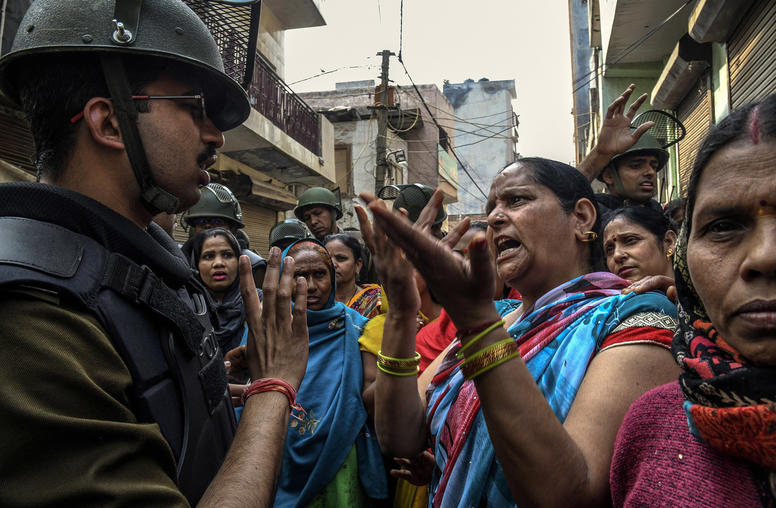
Unrealized Ideal: 40 Years After a Seminal Declaration on Religious Freedom
Anniversaries serve as natural inflection points, opportunities for introspection, to take stock and to consider where to go next. November 25 marked the 40th anniversary of the 1981 U.N. Declaration on the Elimination of All Forms of Intolerance and of Discrimination Based on Religion or Belief. Despite its unwieldy name, the aim was simple: to promote freedom of religion or belief and condemn discrimination based on faith. The 1981 Declaration was a culmination of almost four decades of U.N. efforts to develop international legal protections for freedom of belief to defend minorities from persecution. Forty years later, however, almost two-thirds of humanity live in countries with restrictions on the practice of faith.
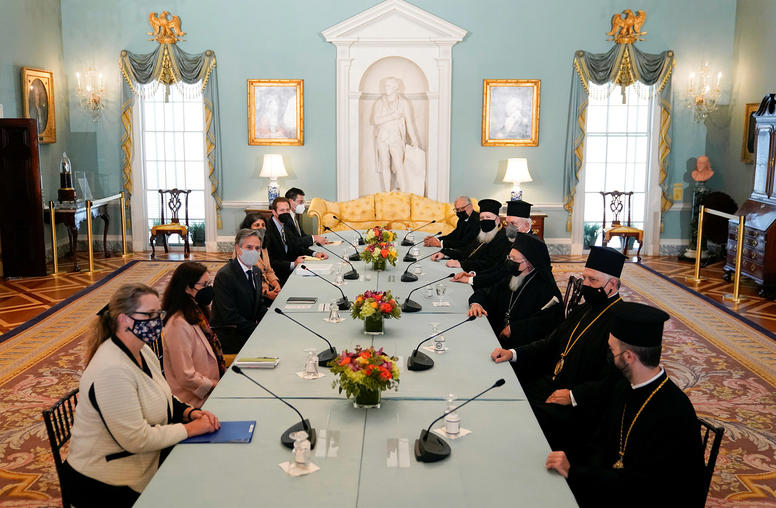
Advancing Global Peace and Security through Religious Engagement: Lessons to Improve U.S. Policy
Since 2001, when the Bush administration created a unit within the White House to work on faith-based initiatives, Democratic and Republican administrations alike have sought to engage religious actors worldwide in support of their diplomatic, development, and defense initiatives. This report, based on the authors’ decades of experience working within and outside government, offers specific suggestions for steps the U.S. government can take to clarify the nature of its religious engagement mission and to better coordinate that mission in relation to its other peacebuilding and national security priorities.
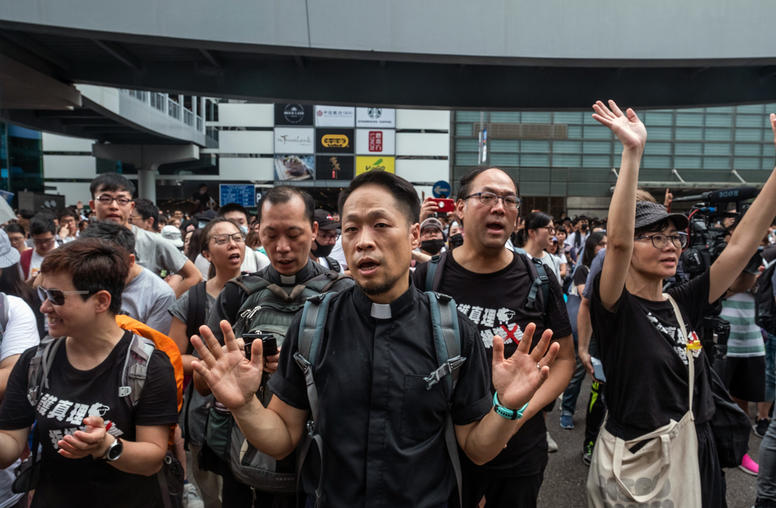
New Evidence: How Religion Aids Peaceful Change
The pullback in 2021 of international military operations in Afghanistan, Iraq and Africa’s Sahel region not only shows the limits of such foreign interventions. It forces policymakers to more urgently examine other ways to support the sustainable social changes that can stabilize violence-stricken nations. New USIP research sharpens an insight about one powerful method to achieve such changes—nonviolent, citizens’ movements that improve governance and justice. Effectively, the research shows, religion helps more often than we may think. Of more than 180 nonviolent campaigns for major political change since World War II, a majority have involved religion in some way.
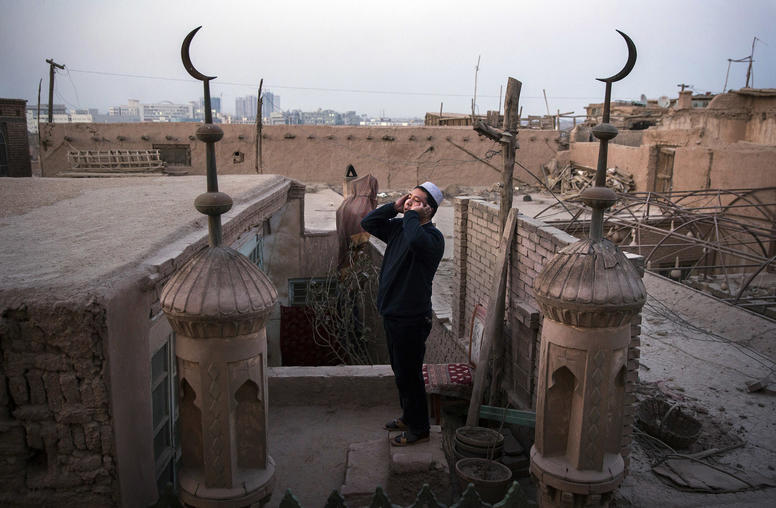
Finding Common Ground on U.S. International Religious Freedom Policy
On May 12, Secretary of State Antony Blinken issued the Biden administration’s first annual religious freedom report. It was accompanied by a strong speech, highlighting the importance of the issue and singling out countries such as Saudi Arabia, Iran, Russia and Nigeria, among others, for their particularly severe violations. The secretary also made a point to establish that the Biden administration’s approach emphasizes that the right to religious freedom is one component of an integrated human rights agenda. This stands in contrast to others who view religious freedom to be of unique importance and deserving of singular attention.
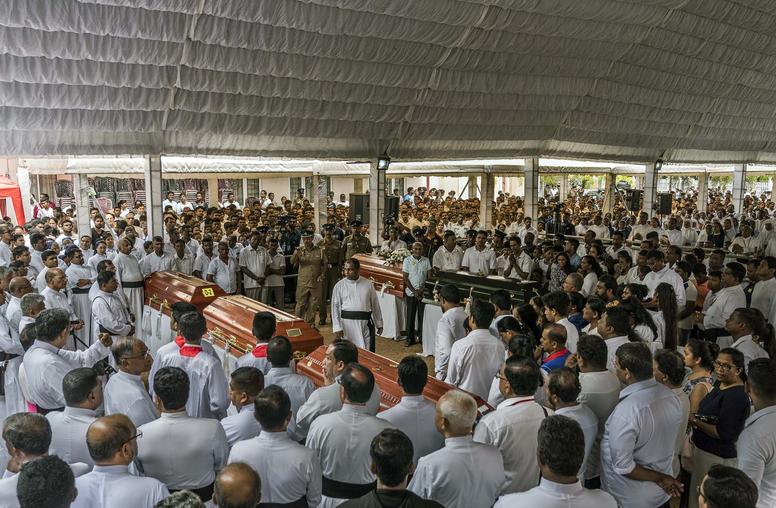
Two Years After Easter Attacks, Sri Lanka’s Muslims Face Backlash
Two years after the Easter Sunday attacks that left 269 dead and injured more than 500, Sri Lanka’s Christian community is still waiting for justice while its Muslim community is reeling from the backlash that followed the bombings. Recent government restrictions targeting Muslims have exacerbated religious tensions in the South Asian nation and risk alienating large portions of the community.
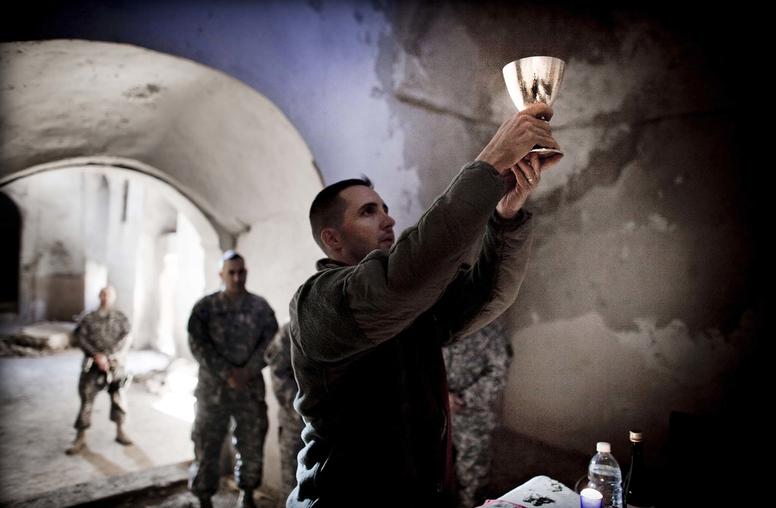
How Military Chaplains Are Key Agents for Peace for the U.S. Armed Forces
Over the past few decades, U.S. military chaplains have increasingly played a key role in promoting peaceful resolutions in conflict environments. While their primary mission across the service branches is pastoral care — leading religious services, providing counsel and offering spiritual guidance, for example — military chaplains have also, at times, served as liaisons and bridge-builders with local religious leaders.
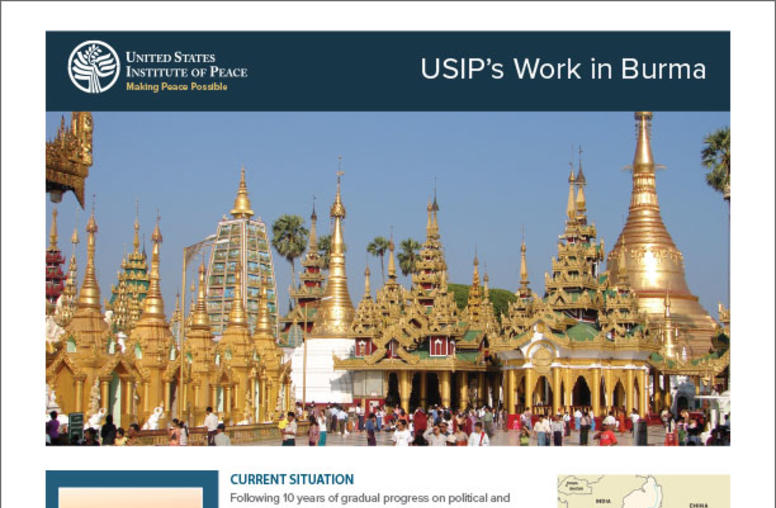
The Current Situation in Burma
Following 10 years of gradual progress on political and economic liberalization—and a landslide victory for the NLD in the 2020 election—the Burmese army took power in a coup on February 1, 2021, just hours before the newly elected members of Parliament were set to convene. The army has quickly reversed hard-won progress toward democracy and human rights in Burma. It has arrested elected officials, activists, and journalists, done away with even the most basic civil and political rights, blocked access to social media, and, intermittently, to the internet entirely.
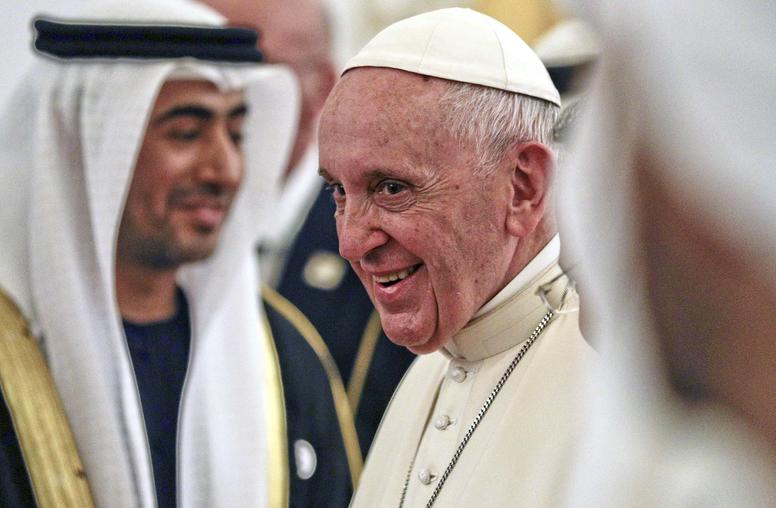
The Pope's Visit to Iraq and the Future of the Country’s Christians
The visit of His Holiness Pope Francis to Iraq this week happens in a context of despair felt across Iraq’s ethnic, provincial and sectarian spectrum. Christians in Iraq, victims of decades of oppression, look at this visit as a symbol of hope. They also hope it will help address some of their lingering fears. The pope’s priorities for Iraq’s Christians should be formulated in specific terms. While Christians in Iraq remain hemmed in on how to deal with the past, but optimistic about their future, most feel overwhelmed by the upcoming visit of Pope Francis. As in many other cases, some of the expectations from the visit are indeed too high to meet.
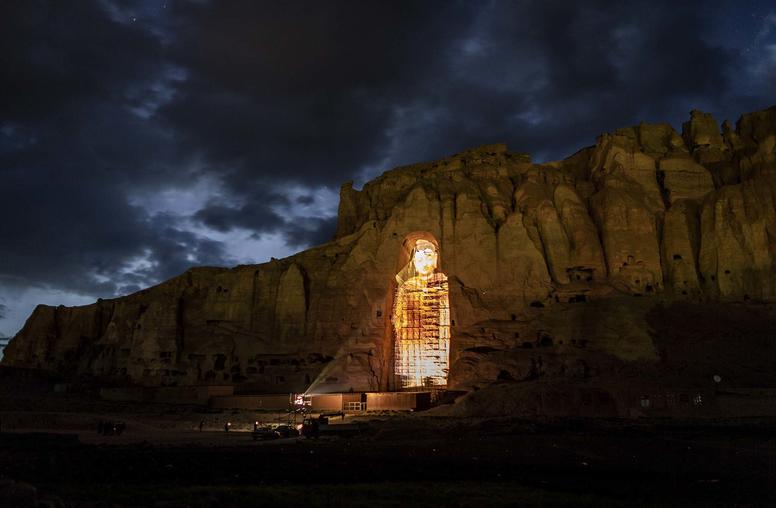
Missing Piece of the Puzzle: Preserving Religious Diversity by Protecting the Past
The United Nations General Assembly in January adopted a noteworthy resolution, “Promoting a Culture of Peace and Tolerance to Safeguard Religious Sites,” highlighting the often-ignored nexus between protection of cultural heritage and preservation of religious pluralism and peaceful coexistence. The resolution’s aims are broad, calling for “strengthened international efforts to foster a global dialogue on the promotion of a culture of tolerance and peace at all levels.” But it also mandates the U.N. secretary-general to convene an international conference focusing on the “United Nations Plan of Action to Safeguard Religious Sites.”
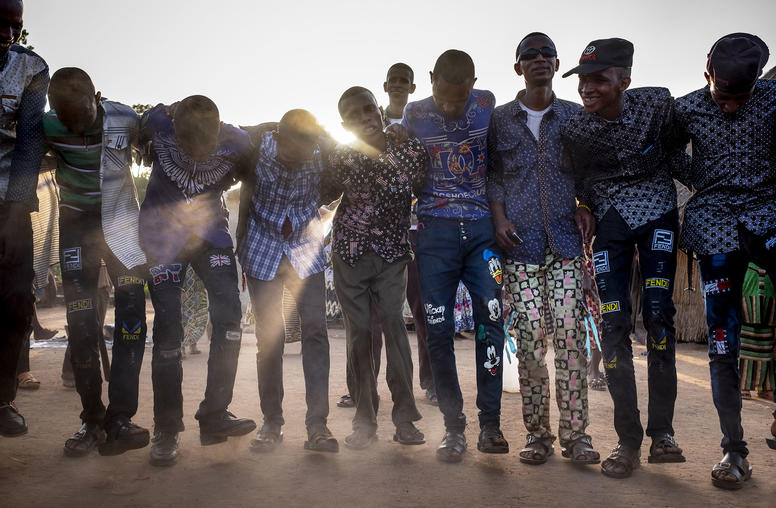
Central African Republic: A Role for Religious Leaders in Calming Conflict?
Presidential and legislative elections loom large in the Central African Republic (CAR) amid high tension and spikes in violence. CAR’s religious leaders have been on the frontlines of efforts to calm tensions ahead of polls opening on December 27. From religious leaders in the capital to those at the grass roots, they have made their voices and positions clear. The question, therefore, is not if religious leaders are crucial actors in conflict stabilization and peace efforts in CAR: They already are. Rather, policymakers and practitioners should be unpacking these leaders’ experiences—past and present—and asking how to strengthen their role as peacebuilding partners in the immediate post-electoral context and longer-term.